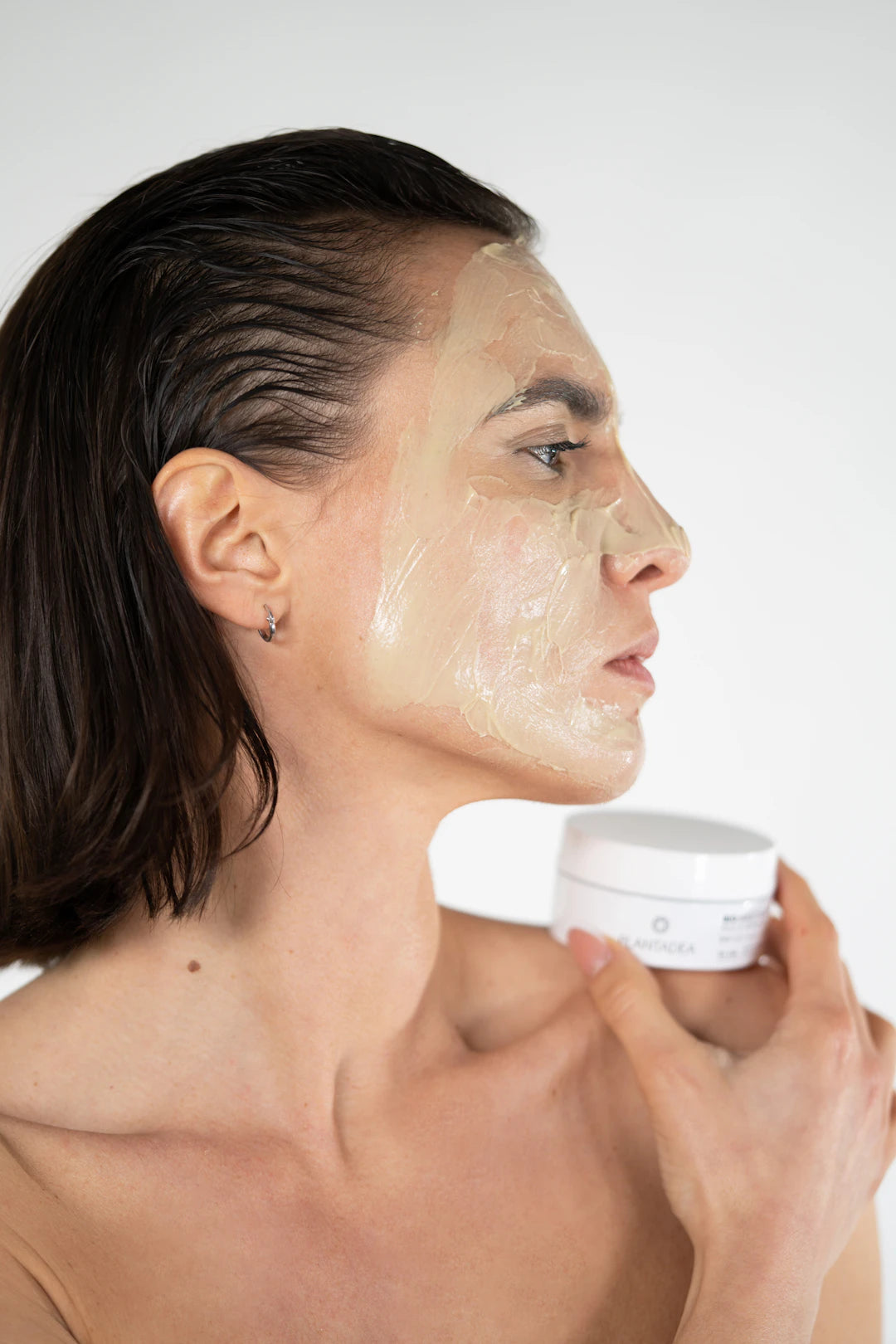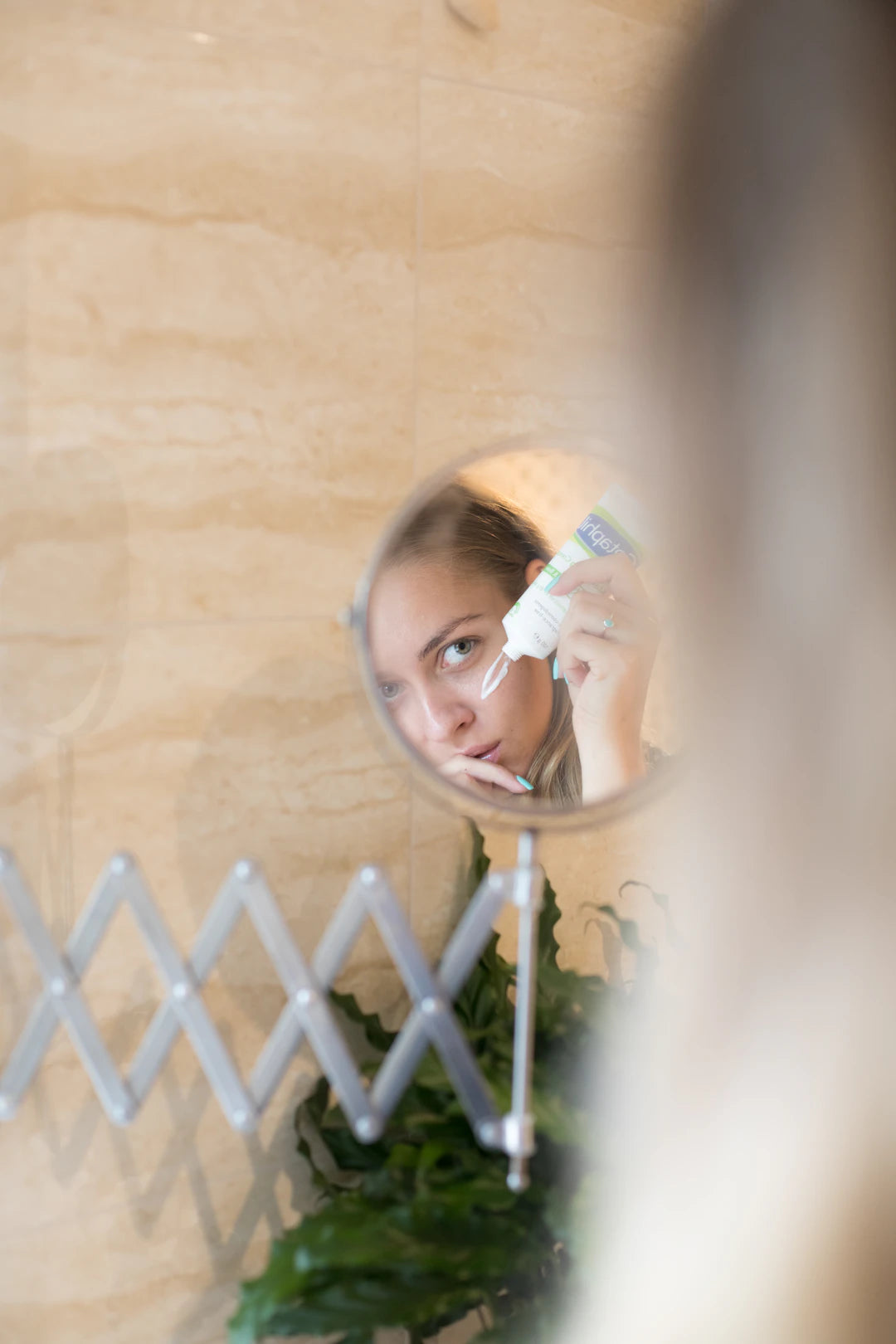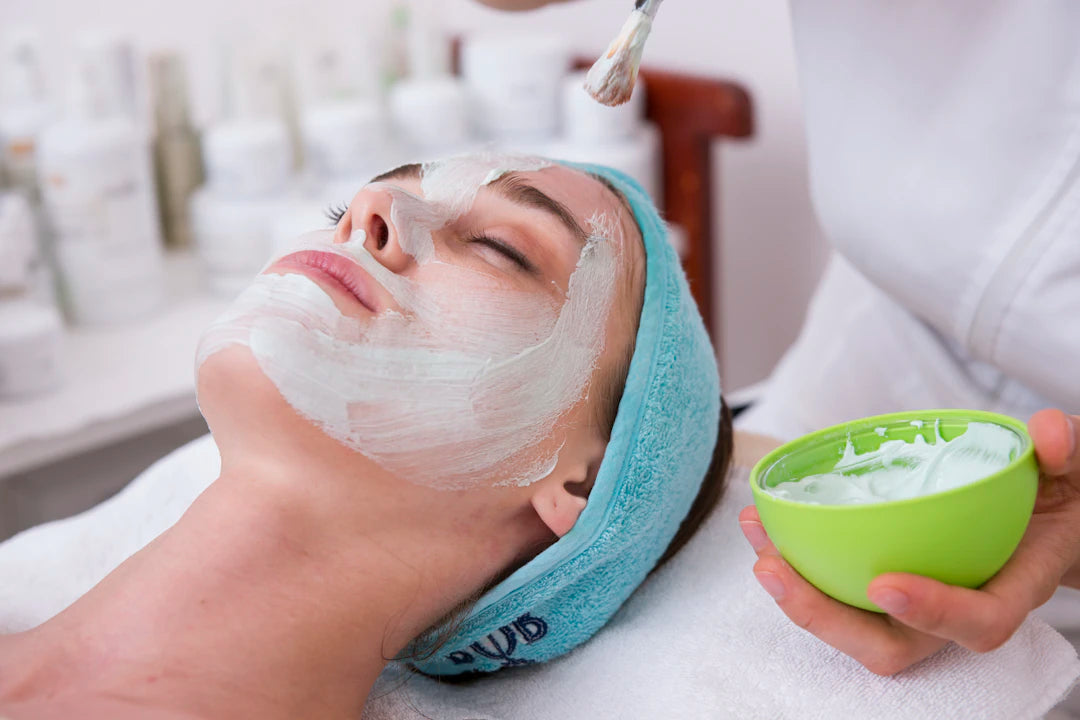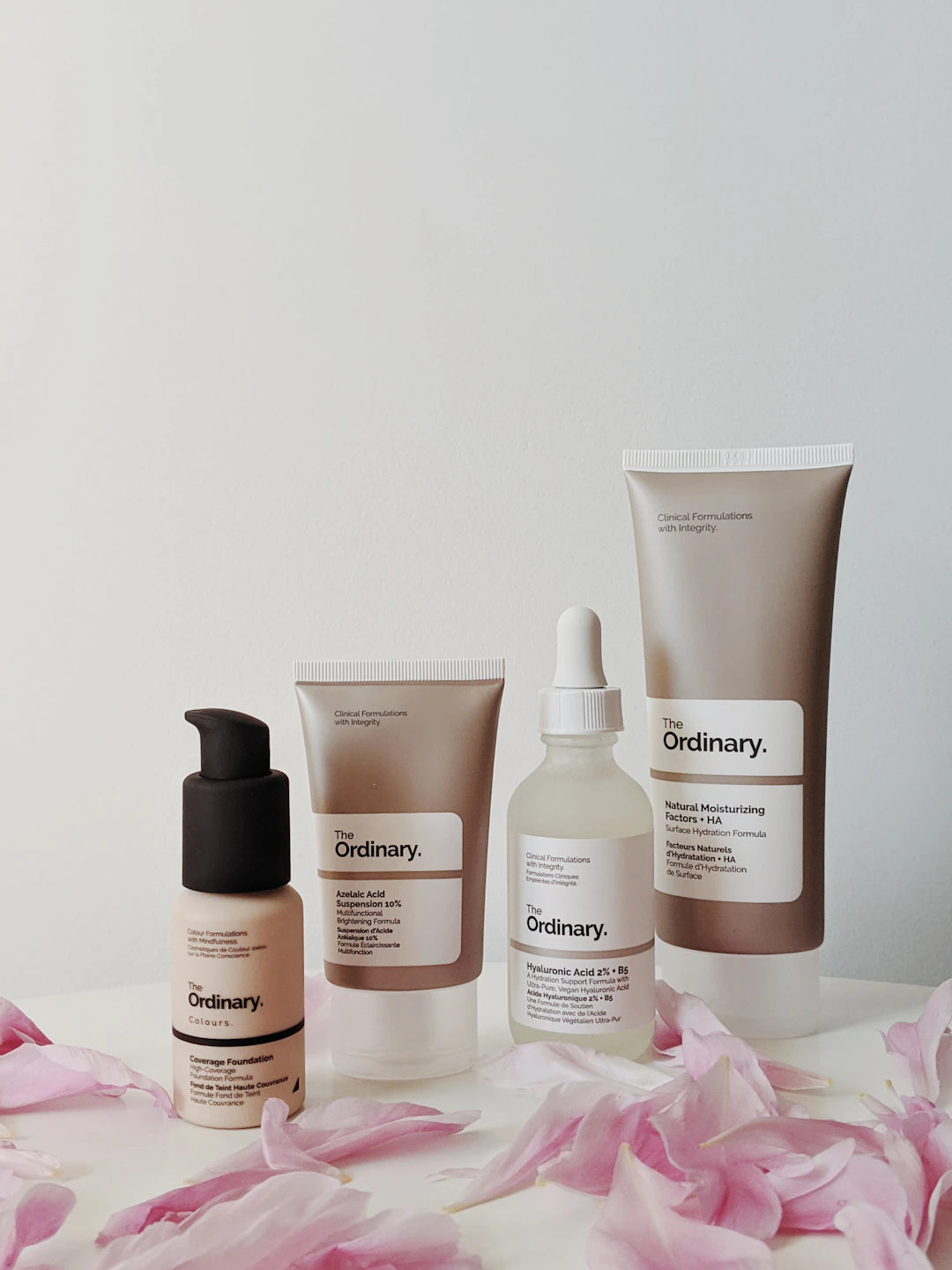The Environment's Hidden Effects on Your Skin

Overview
Understanding environmental factors like UV rays, pollution, and climate can significantly impact skin health. Adjusting skincare routines for seasonal changes and workplace environments is crucial. Daily protective measures, including using broad-spectrum sunscreen and incorporating natural elements, can help maintain a radiant complexion. Embrace these insights for healthier skin.
Frequently Asked Questions
1. What environmental factors affect skin health?
2. How does climate influence skin condition?
3. Why is sunscreen important for skin health?
4. What role does pollution play in skin problems?
5. How can I adjust my skincare routine for seasonal changes?
When it comes to maintaining glowing, healthy skin, we often focus on our skincare routines, diet, and lifestyle choices. However, an often overlooked factor that plays a crucial role in the condition of our skin is the environment we live in. From UV rays to pollution, various environmental elements can have profound impacts on skin health. In this article, we’ll explore how different environmental factors affect your skin, and why protective skincare, including broad-spectrum sunscreen, is essential for a radiant complexion.
Understanding Your Skin's Barrier
Your skin acts as a protective barrier between your internal system and the external world. It shields your body from harmful elements while maintaining essential moisture and nutrients. However, this protective barrier can be compromised by environmental factors, leading to a variety of skin issues.
The Role of Climate
Climate varies greatly between geographic locations and can significantly impact skin health. Here’s how different climates can affect your skin:
- Hot and Humid Climates: These environments can lead to increased oil production, causing clogged pores and breakouts. The moisture in the air might keep skin hydrated, but it can also result in an uncomfortable, greasy feeling.
- Cold and Dry Climates: In contrast, low humidity can result in dry, flaky skin. The cold winds can also exacerbate dryness, leading to chapped lips and irritation.
- Temperate Climates: These regions may offer a balance, but seasonal changes can still result in fluctuating humidity that affects skin health.
UV Exposure: A Double-Edged Sword
One of the most significant environmental aggressors that affect skin health is sunlight, particularly its UV rays. While some sunlight is essential for vitamin D production, overexposure can lead to a range of skin problems.
The Dangers of UV Rays
- Premature Aging: UV rays damage collagen and elastin in the skin, leading to wrinkles and fine lines. Our skin loses its elasticity and can appear saggy with prolonged sun exposure.
- Skin Cancer: The most serious consequence of UV exposure is skin cancer. Excessive sun exposure is a leading cause of melanoma and other skin cancers.
- Hyperpigmentation: Sun spots and uneven skin tone can develop as a result of sun exposure, causing insecurity and affecting overall skin appearance.
To combat these risks, using a broad-spectrum sunscreen daily is essential. It protects against both UVA and UVB rays, which can damage the skin in various ways. Incorporating broad-spectrum sunscreen into your morning skincare routine can be a game-changer for your skin health.
Pollution: The Invisible Enemy
It’s not just UV rays that pose a threat to your skin; pollution is another environmental factor that can cause significant harm. Urban environments with high levels of smog and toxins can lead to various skin issues.
How Pollution Affects Your Skin
- Free Radicals: Pollution releases free radicals that can cause oxidative stress, leading to premature aging and skin damage.
- Acne and Breakouts: Clogged pores from pollution can cause breakouts and exacerbate existing acne conditions.
- Inflammation: Pollutants can trigger skin inflammation, resulting in conditions like eczema and rosacea.
To mitigate the effects of pollution, consider including antioxidant-rich serums in your skincare routine. Additionally, maintaining a consistent cleansing routine can help remove impurities caused by environmental factors.
Seasonal Changes and Their Impact
Seasonal changes can bring fluctuations in temperature and humidity, dramatically affecting your skin. Here’s how to adjust your skincare routine according to the seasons:
Spring and Summer
As temperatures rise and humidity increases, your skin may produce more oil. Lightweight, oil-free moisturizers and regular exfoliation can help keep your pores clear. However, don’t forget your broad-spectrum sunscreen!
Fall and Winter
Colder months often lead to dryer skin. This is the time to switch to heavier, more hydrating creams and oils to help lock in moisture. Using a humidifier indoors can also be beneficial for maintaining skin hydration during the dry winter months.
Workplace Environment: A Hidden Factor
Many people overlook their workplace as an environmental factor affecting their skin. Factors such as indoor air quality, lighting, and even the stress associated with work can impact skin health.
The Impact of Indoor Environment
- Indoor Pollution: Poor air quality due to air conditioning, heating, or inadequate ventilation can lead to skin irritation and breakouts.
- Screen Time: Prolonged exposure to screens can lead to digital eye strain and dryness, often impacting the skin around the eyes.
- Stress Levels: High stress from work can lead to hormonal imbalances, resulting in increased oil production and acne.
It’s essential to develop a skincare routine that addresses the effects of your workplace environment. This might include regular breaks from screens, proper hydration, and maintaining a good foundation of skincare to protect your skin throughout the day.
Travel and Its Effects on Skin
Traveling exposes your skin to new environments, climates, and potential stressors. Transitioning between different geographic locations can affect skin health in various ways.
Frequent Changes in Environment
- Jet Lag: Traveling across time zones can disrupt sleep patterns, affecting your skin’s ability to repair and rejuvenate.
- New Climates: Suddenly transitioning to a different climate can cause your skin to react negatively, leading to dryness or excessive oiliness.
- Airplane Cabins: The dry air in airplanes can strip moisture from your skin, leading to dehydration and dullness.
To combat these effects while traveling, keep your skincare routine consistent, hydrate regularly, and use a good moisturizer to combat the dry environment of airplane cabins.
Skincare Routine Adjustments
Given the various environmental impacts on skin health, adapting your skincare routine to suit these changes is paramount. Utilizing the right skincare products can help protect your skin.
Daily Protective Measures
- Cleansing: Wash your face at least twice a day to remove dirt and pollutants.
- Exfoliation: Regular exfoliation helps remove dead skin cells and unclogs pores.
- Moisturizing: Ensure your skin is hydrated with creams that suit your skin type.
- Sun Protection: Always apply a broad-spectrum sunscreen before stepping outside.
Embracing Natural Elements
Not all environmental elements are detrimental; in fact, certain natural elements can benefit your skin. For instance, minerals found in water can help nourish the skin, and fresh air can increase oxygen flow, improving skin health.
Nature's Gifts for Skin Health
- Botanical Ingredients: Many skincare products incorporate natural antioxidants found in plants to combat environmental damage.
- Fresh Air: Spending time outdoors, away from pollution, can provide your skin with the oxygen it needs to thrive.
- Hydration: Natural bodies of water can help replenish lost moisture and refresh your skin.
Incorporating these natural elements into your life can promote a healthier skin environment.
Your Path to Radiant Skin
Taking care of your skin involves more than just a mundane routine. By understanding the environmental factors that affect your skin and incorporating protective measures, including broad-spectrum sunscreen and the right skincare products, you can maintain a healthy, glowing complexion. Stay aware of your surroundings, adapt your skincare routine as necessary, and remember that every element of your environment plays a role in the overall health of your skin. Embrace this knowledge and take actionable steps towards loving and protecting your skin like never before!
Linked Product
Hydrate & Protect Bundle
The Hydrate & Protect Bundle combines a hydrating hyaluronic acid serum with a broad-spectrum sunscreen, making it suitable for maintaining skin health during summer months. This duo works to retain moisture while providing essential protection against harmful UV rays, addressing both hydration and sun safety. Incorporating these products into your skincare routine can help mitigate the environmental factors that impact skin condition.
View Product

